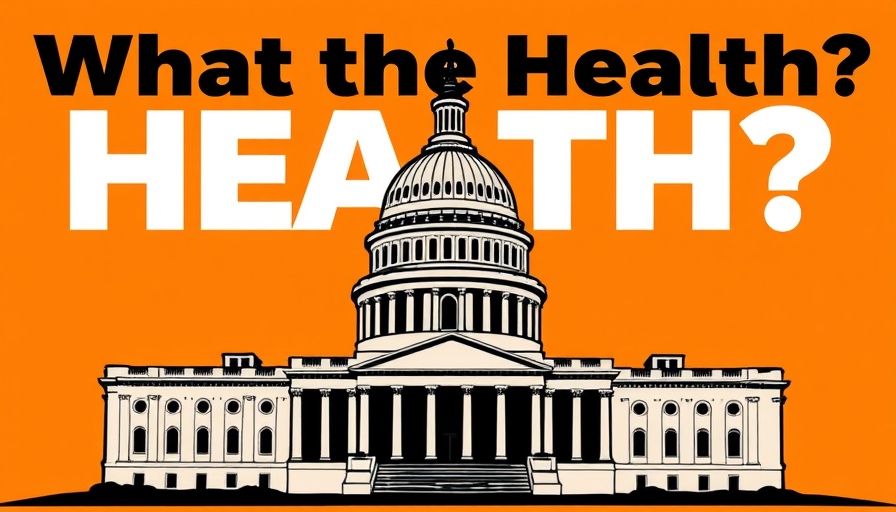
Celebrating 60 Years of Medicare and Medicaid: A Lifeline for Millions
On July 30, 2025, we commemorate the 60th anniversary of Medicare and Medicaid, two cornerstone health programs that have profoundly shaped America's healthcare landscape since their inception in 1965. Signed into law by President Lyndon B. Johnson, these programs now cover nearly a quarter of the American population and account for a significant portion of the federal budget.
The Evolution and Impact of Medicare and Medicaid
As we reflect on Medicare's journey, it’s essential to understand its dual nature: a widely praised service that is often referred to as the "third rail" of U.S. politics due to its untouchable status. While Medicare provides vital health benefits to older adults, comments from experts like Jonathan Oberlander highlight the ongoing issues it faces, including its outdated benefits structure and looming bankruptcy concerns.
Oberlander notes that Medicare was designed to mitigate the high costs of significant medical care, but the program's coverage has stagnated since its formation. The growth of chronic illnesses among older Americans and changing healthcare needs have left many beneficiaries feeling underserved.
A Closer Look at Medicaid's Role
In contrast, Medicaid has evolved to serve as a critical safety net for the low-income population, particularly during times of economic downturn. Sara Rosenbaum, a noted expert in Medicaid policy, emphasizes the program's transformative role in expanding access to healthcare services. It is estimated that Medicaid covers 70 million Americans, offering a comprehensive array of services from preventative care to long-term support.
As the nation confronts rising healthcare costs and disparities in care access, Medicaid continues to be a lifeline for many families, ensuring that vulnerable populations receive the treatment they need. However, challenges remain as states navigate funding and implementation of Medicaid expansion under the Affordable Care Act.
The Future of Medicare and Medicaid: Challenges Ahead
Looking ahead, both programs face significant hurdles. The aging population means that Medicare will have to adapt to an increasing number of beneficiaries, which could exacerbate financial strains. Innovations in healthcare delivery, value-based care, and potential legislative reforms may be necessary to ensure these programs continue serving future generations effectively.
Moreover, the conversation surrounding Medicare and Medicaid must include diverse perspectives, recognizing both the successes and shortcomings of these programs. Are they sufficient to meet the needs of a rapidly evolving healthcare landscape? The implications of such questions will shape policies for decades to come.
Emphasizing the Importance of These Programs
As we celebrate this milestone, it's crucial to advocate for the ongoing improvement and funding of Medicare and Medicaid. Their ability to cover millions of Americans is more than just a historical achievement; it is a commitment to ensuring everyone has access to necessary healthcare services.
In the spirit of engagement with our audience, studies show that public support plays a significant role in shaping healthcare policies. Continued dialogue, advocacy, and awareness are core to the mission of preserving these essential programs. Policymakers need to hear from constituents about their experiences—both positive and negative—with Medicare and Medicaid, to strive towards improvements.
Final Thoughts: A Call for Informed Advocacy
As Medicare and Medicaid reach this important milestone, let us not only celebrate their achievements but also challenge ourselves to engage with them meaningfully. Understanding how they function, and how they can be improved, is vital for ensuring they continue to serve as robust safety nets within our healthcare system.
With awareness, advocacy, and informed dialogue, we can help shape the future of Medicare and Medicaid to ensure that these programs remain effective and sustainable.
 Add Row
Add Row  Add
Add 



Write A Comment